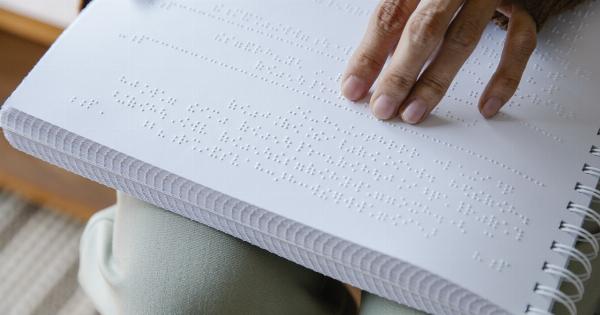As we age, our senses naturally decline, with vision and hearing being two of the most commonly affected. These sensory impairments not only impact our day-to-day lives but also have significant implications for our overall health.
Recent research has uncovered a fascinating and concerning connection between sight and hearing loss and the risk of developing dementia. In this article, we delve into the impact of sensory impairments on dementia risk and explore potential strategies for prevention and intervention.
The Link Between Sight and Hearing Loss and Dementia
Several studies have highlighted a strong association between sensory impairments, such as sight and hearing loss, and an increased risk of developing dementia.
Research has shown that individuals with visual or hearing impairments may have a higher likelihood of experiencing cognitive decline and developing various forms of dementia, including Alzheimer’s disease.
Effects of Sensory Impairments on Cognitive Decline
One possible explanation for the link between sensory impairments and dementia risk lies in the cognitive load placed on the brain due to reduced sensory input.
When our senses are impaired, our brains must work harder to compensate for the loss of information. This additional cognitive strain can lead to accelerated cognitive decline and an increased risk of developing dementia.
The Role of Sensory Stimulation in Cognitive Health
Research suggests that maintaining adequate sensory stimulation can help protect against cognitive decline and potentially reduce the risk of dementia.
Engaging in activities that stimulate the senses, such as reading, listening to music, and participating in social interactions, can help maintain cognitive function and reduce the negative impact of sensory impairments on brain health.
Prevention and Intervention Strategies
Although sensory impairments are often unavoidable with aging, there are strategies that can be implemented to reduce their impact on dementia risk.
Regular vision and hearing screenings, early detection of sensory impairments, and appropriate corrective measures can help mitigate their effects. Additionally, the promotion of sensory stimulation through various activities and interventions can play a crucial role in preventing or delaying the onset of dementia.
Assistive Technologies
The development and use of assistive technologies have opened up new possibilities for individuals with sensory impairments.
Hearing aids, cochlear implants, and vision aids, such as magnifying glasses or screen readers, can help enhance sensory input and improve overall quality of life. These technologies can potentially have a positive impact on cognitive health and reduce the risk of dementia.
The Importance of Social Support
Research has highlighted the importance of social support in mitigating the negative impact of sensory impairments on cognitive health.
Maintaining social connections can provide individuals with a sense of belonging, reduce feelings of isolation, and stimulate cognitive function. Encouraging social interactions and providing support to individuals with sensory impairments may contribute to a lower risk of dementia.
Future Directions in Research and Interventions
While current evidence suggests a strong association between sensory impairments and dementia risk, further research is needed to fully understand the underlying mechanisms.
Future studies should focus on clarifying the cause-and-effect relationship, investigating potential intervention strategies, and exploring the impact of specific sensory impairments on different types of dementia.
Conclusion
The impact of sight and hearing loss on dementia risk cannot be overlooked. As our population continues to age, it becomes increasingly important to address the profound effects of sensory impairments on cognitive health.
By recognizing the connection between sensory impairments and dementia, implementing preventive measures, and providing appropriate interventions, we can potentially reduce the burden of dementia and improve the overall well-being of individuals affected by sensory impairments.































